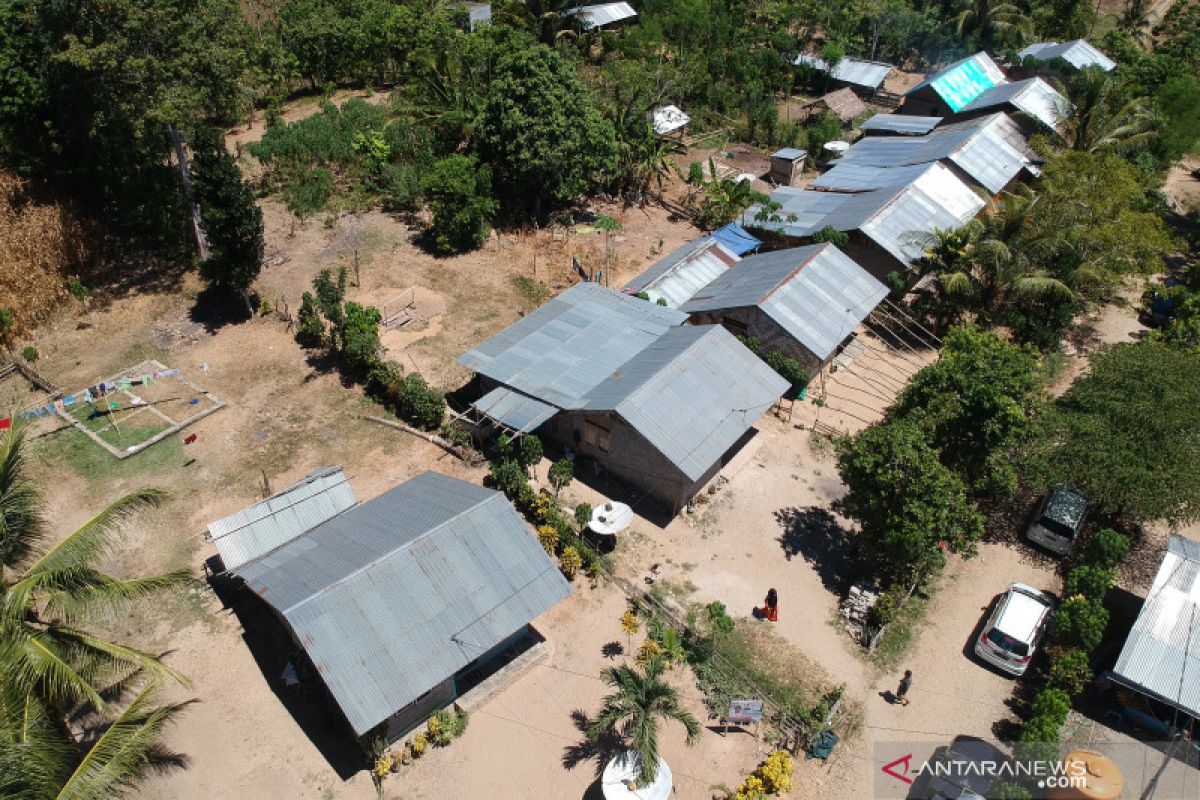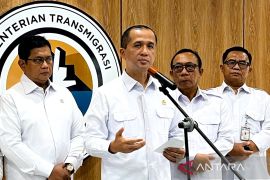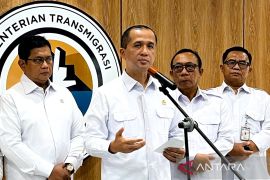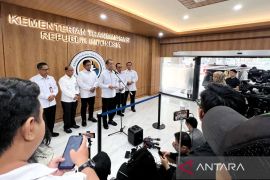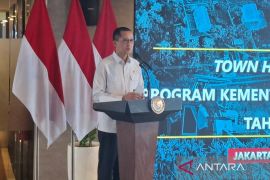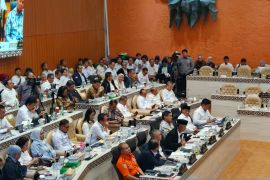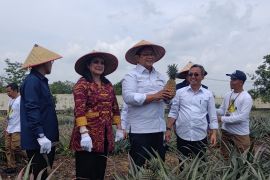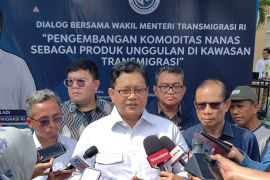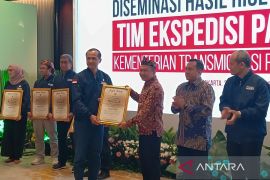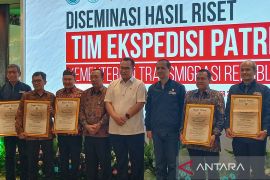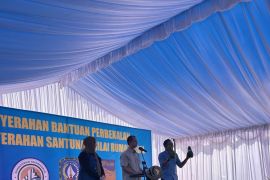Deputy Minister of Agrarian Affairs and Spatial Planning Ossy Dermawan said the target aligns with the National Medium-Term Development Plan.
He noted two key benefits of the certifications: to protect transmigrants from disputes and claims by third parties, and to enable access to funding that can improve their welfare.
"Certifications are crucial for transmigrants. Without them, people lack legal certainty over the land they live on. The land is not only for farming but also serves as a basic asset for their livelihood and well-being," Dermawan added.
The program, called TransTuntas, is a collaboration between the Ministry of Transmigration and the Ministry of Agrarian Affairs and Spatial Planning.
"We map each area individually to identify issues," Dermawan explained.
Some problems stem from the transmigrants themselves or from the government, so solutions must be carried out thoroughly and step by step, he added.
Currently, the government focuses on resolving pre-existing issues rather than simply relocating people. However, the program will continue and will require additional land for operations, with designations determined by the Ministry of Transmigration for agriculture or other purposes, he noted.
Dermawan expressed hope that the program will provide transmigrants with legal certainty over their land, giving them peace of mind and boosting productivity.
Meanwhile, Deputy Minister of National Development Planning Febrian Alphyanto Ruddyard said transmigration has become a strategic state program to facilitate new economic growth centers and maintain stability in border areas.
"Transmigration can also accelerate progress toward the targeted 8 percent national economic growth through downstreaming," he added.
Related news: RI Govt pushes small industry hubs in transmigration areas
Related news: Indonesia must build from villages to match big nations: minister
Translator: Shofi Ayudiana, Mecca Yumna
Editor: Anton Santoso
Copyright © ANTARA 2025
